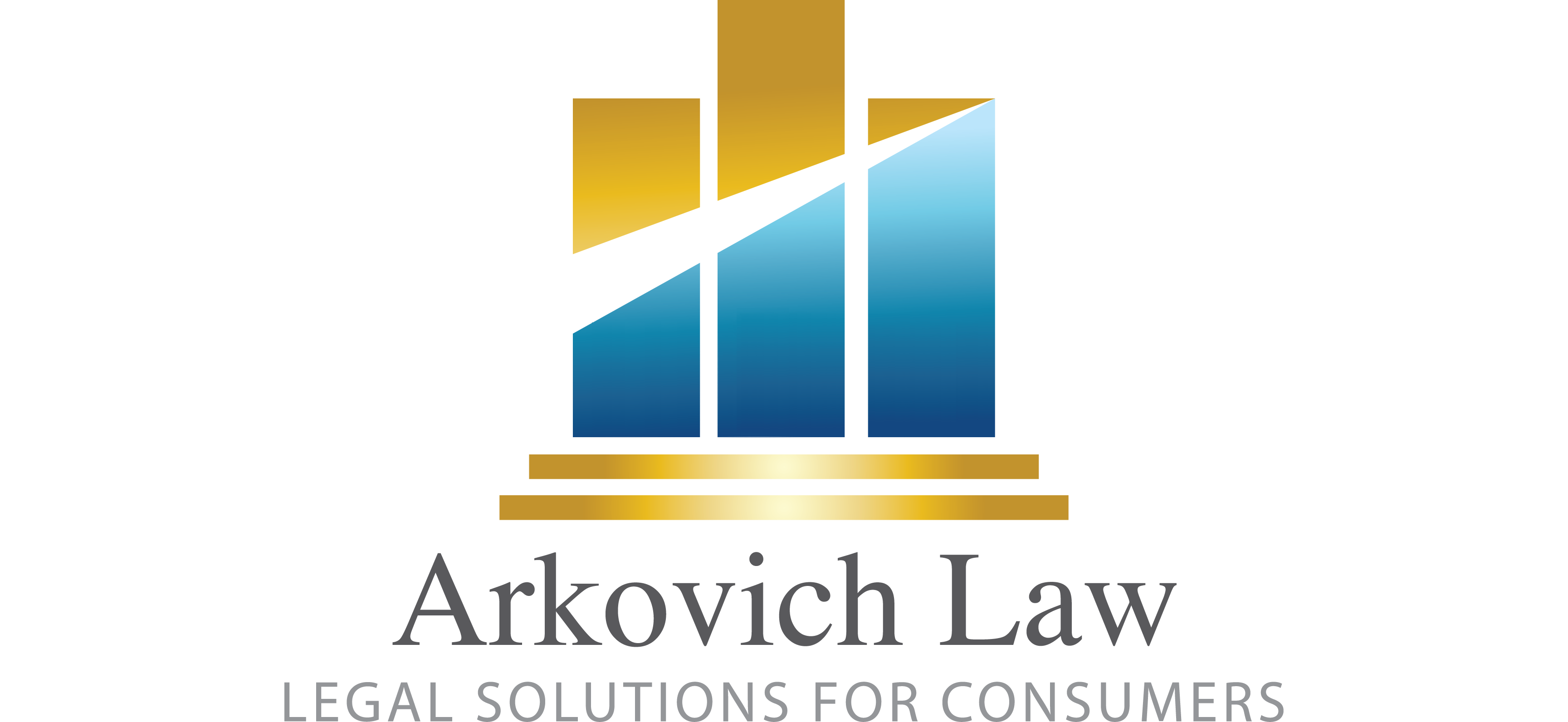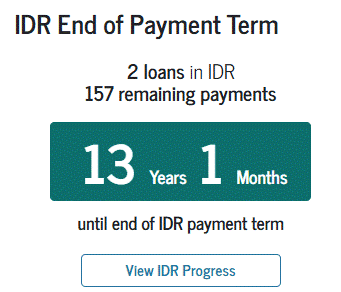 During all the hoopla surrounding student loans last year, probably the best program (TPD) out there gets so little attention. Right now, that’s probably a good thing right?
During all the hoopla surrounding student loans last year, probably the best program (TPD) out there gets so little attention. Right now, that’s probably a good thing right?
I’m talking about the ability for someone who is unable to work a full time job doing what they used to do actually getting a discharge of their student loans due to that inability to work. The test doesn’t read like that exactly, but it’s far from the SSD questions of “Can you feed yourself?” “Can you dress yourself?” We’ve long obtained full discharges within a remarkably small time frame of as little as 60-90 days using the TPD program. We focus on someone’s vocation, what they were trained to do, their experience and actual abilities. Age matters as well, our best chances exist when we have someone who is 55 or older with cognitive issues. My former experience as an employment attorney and the use of the ADA and FMLA I think helps to understand and process these claims. Our streamlined process includes medical professionals who can see our clients via Zoom or in our office in Tampa.
As this program, which has been paused for a couple months, begins anew, we expect some changes. It’s possible that the test will be more stringently applied. That’s good and to be commended. We don’t want people who aren’t deserving of this discharge to get it either. However, our clients have had long term illnesses and/or injuries that have made it next to impossible to pay their student loans back. The income simply isn’t there and often hasn’t been for a long time. Getting a TPD discharge can be life changing now b/c it will get rid of that fear of the government coming after someone or their social security for students. This includes even Parent Plus loans. In fact, it may be the only solution for those with Parent Plus loans!
 A post on Theresa Sweet’s [Plaintiff in Sweet v. Cardona’s class action BDTR lawsuit] Facebook page says the majority of workers reviewing BDTR claims have been laid off and majority of Ombudsman staff have been fired.
A post on Theresa Sweet’s [Plaintiff in Sweet v. Cardona’s class action BDTR lawsuit] Facebook page says the majority of workers reviewing BDTR claims have been laid off and majority of Ombudsman staff have been fired. Reboot Your Life: Tampa Student Loan and Bankruptcy Attorney Blog
Reboot Your Life: Tampa Student Loan and Bankruptcy Attorney Blog




